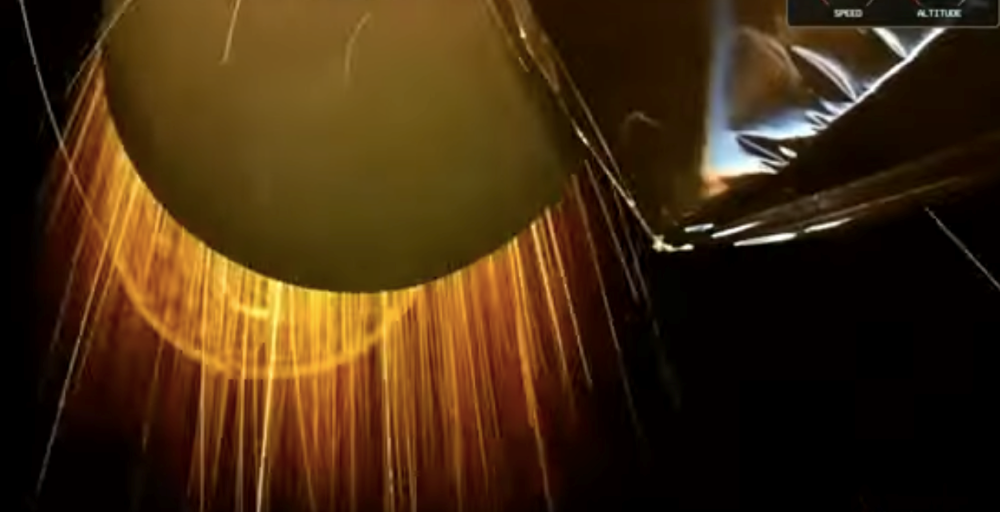
Rocket Lab is investigating the failure of an Electron rocket during a mission to deliver a radar-imaging satellite into low Earth orbit for Capella Space.
The two-stage, 59-ft. Electron booster lifted off from Rocket Lab’s Mahia, New Zealand, launch complex at 2:55 a.m. EDT/6:55 p.m. local time on Sept. 19, kicking off the company’s 41st flight.
The Electron completed a full-duration burn of the first stage’s nine kerosene- and oxygen-fueled Rutherford engines, which shut down as planned 2.5 min. after liftoff. The first stage then separated, but as the upper stage’s single Rutherford engine was due to ignite, an onboard camera showed a momentary glow and some sparks before the feed froze.
Thirty seconds later, the launch director announced that an anomaly had occurred.
“Tough day,” CEO Peter Beck posted on X, formerly known as Twitter. “My deepest apologies to our mission partners Capella Space. “[The] team is already working on [the] root cause,” he added. “We’ll find it, fix it and be back on the pad quickly.”
Rocket Lab suspended preparations for its next mission while it investigates the accident.
Electron was carrying the second of four synthetic aperture radar satellites for Capella Space’s third-generation Earth-observation network.
Rocket Lab had two previous rocket failures prior to the Sept. 19 mishap. In addition, the company’s first flight test ended prematurely due to a ground-based range safety software problem.





